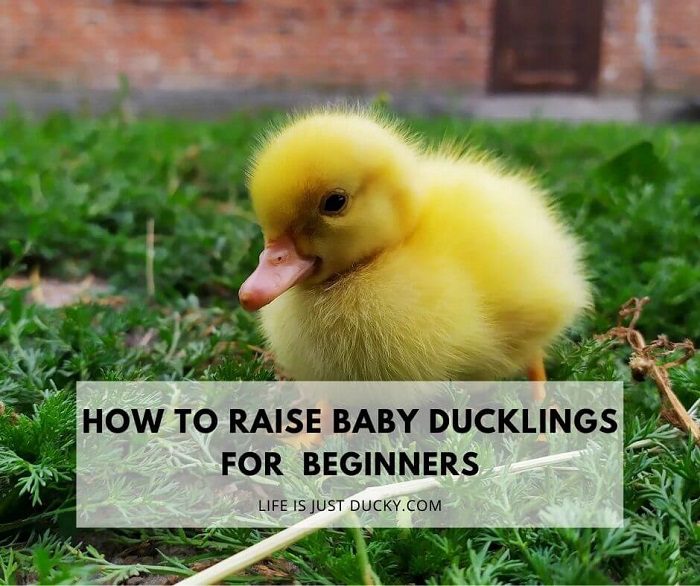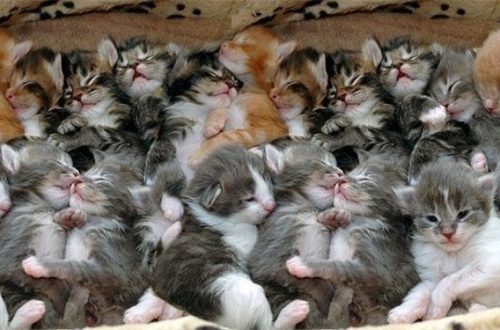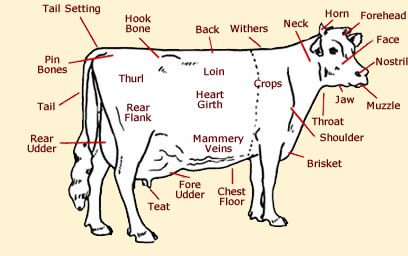
Fa'afefea ona tausia lelei tama'i pato, fa'ama'i ma togafitiga
Many owners of personal plots are engaged in a profitable business – breeding ducklings, but this business is rather troublesome. These are very delicate birds and their cultivation brings a lot of difficulties. Often, due to a lack of knowledge on how to care for them, ducklings die.
Mataupu
Necessary conditions for caring for ducklings
It is better to buy babies in the spring, at a daily age. During the summer they will grow both for meat and for a tribe.
To make the chicks feel comfortable, they create the necessary conditions:
- Provide healthy food.
- The room should be heated, dry and bright.
- The area where the ducklings are located should be large.
- The room should be free of drafts and well ventilated.
Optimum room temperature
The first week of a chick’s life is the most difficult. It is during this period that it is important to maintain the optimal temperature in the room. For this, a heater is often used. The temperature should be gradually reduced, as a result of which the ducklings adapt to the ambient temperature.
Experts recommend the following temperatures:
- When ducklings are 1-5 days old, the temperature should be 28-30 degrees.
- 6-10 days – 24-26 degrees.
- 11-15 days of life – 22-24 degrees.
- 16-20 days – 18-22 degrees.
In addition, in the early days it is necessary that the lighting be around the clock, and then every day the daylight hours should be reduced by 45 minutes.
If the baby does not get enough heat, he starts hypothermia. First, the umbilical cord turns blue. This condition turns into inflammation of the intestine, its obstruction occurs, because of which the chick dies. Therefore, it is very important to keep the birds warm in the early days. For warmth, you can use a plastic hot water bottle wrapped in a towel. Gathering around her, the ducklings will bask.
What should be the room for growing ducklings
At first, after the ducklings hatch, they do not need much space. As they grow area needs to be expanded.
The room must be well ventilated, humidity should be 60-75%. Drafts should be avoided. You can raise ducklings both in a cage and on the floor. The bedding must be dry. These birds are very fond of water and can splash water from the drinker, thereby wetting the litter. Because of this, it is recommended to install the drinker on a special grid in order to avoid excessive moisture. For bedding, shavings, small straw without mold, are usually used. In the first week, it is necessary to put corrugated cardboard on it, because babies up to a week old cannot be laid sawdust or fine peat.
How to feed ducklings
Daily ducklings may eat food reluctantly. Insufficient food intake is reflected in their further development and viability. Toddlers can eat small litter if they do not have enough food.
It is necessary to ensure that the ducklings begin to absorb food all at the same time, otherwise then some chicks will lag behind in growth and development. If some ducklings do not want to eat food, they should be fed with a pipette with warm milk mixed with chicken yolk in the first days. The sooner the babies begin to eat, the faster the residual yolk will resolve in their body, and they will begin to grow well. To accustom them to feed, tap on the feeder. They also do with a drinker.
In the first three days, ducklings should feed hard-boiled chicken or duck eggs, which are peeled and chopped with a knife or meat grinder. Crushed eggs can be mixed with ground corn kernels or other cereals. Feed should be 8 times a day. From the third day, fresh cottage cheese, chopped greens of young nettles, peas, alfalfa, and euphorbia are added to the feed. After the chicks are two weeks old, boiled potatoes, root crops, and food waste are added to their diet. Waste must be fresh, and in no case sour or acidic. Benefits bring milk waste in a well-fermented form. The frequency of feeding should be already 5-6 times a day.
Due to the fact that these birds are very voracious, at 2 months they look like adults. ducklings consume three times more waterthan food, so the water in the drinkers should be constantly. It should be given on the third day of life. During this period, it is necessary to ensure that the ducks do not splash water and do not get wet. Wet ducklings at this age often get sick and die.
After the birds are three weeks old, they are released to swim in the pond.
water paddock
Ducks can go for a walk in any body of water with running or stagnant water. The most important thing is that aquatic animals live in it and the water was not heavily polluted. From spring to autumn, various plants begin to grow in such reservoirs, numerous insects and plankton appear. All this is a rich source of animal proteins and nutrients for ducks. Ducklings can feed on such food from three weeks. If the birds do not fill up during the water run, they are fed with a mixture of whole grains.
faamaʻi
These birds have the following diseases occur:
- Viral hepatitis. Babies usually get sick at the age of 1-15 days. They become lethargic, begin to move little, eat poorly, and drowsiness occurs. The vaccine made on time saves them, they disinfect the premises, destroying all rodents.
- Lack of plumage. Mostly ducklings aged 40-50 days suffer from this. Such chicks do not grow well and they often develop infectious diseases. In this case, they need a complete diet, consisting of ground oats, cake, feather flour.
- Pasteurellosis. This is an acute infectious disease. To prevent it, it is necessary to keep the room with ducklings in perfect cleanliness, and periodically carry out disinfection.
- Aspergillosis. Respiratory disease caused by pathogenic fungi. It is acute and the birds die in 50% of cases. Sources of infection are stale food with mold, dirty bedding, and dampness in the room. These reasons should be eliminated.
- salmonellosis. Chicks can get sick both at the age of one day, and three or four months old. There is purulent conjunctivitis, diarrhea, complete immobility occurs. Mortality from this disease reaches 80%. Sick ducklings are placed in a clean, dry place and disinfected, destroying rodents that carry the infection.
Caring for ducklings is quite complicated. You should feed them fresh food, and the room should be dry with an optimal temperature. Only if these rules of care are observed, ducklings grow up healthy.





